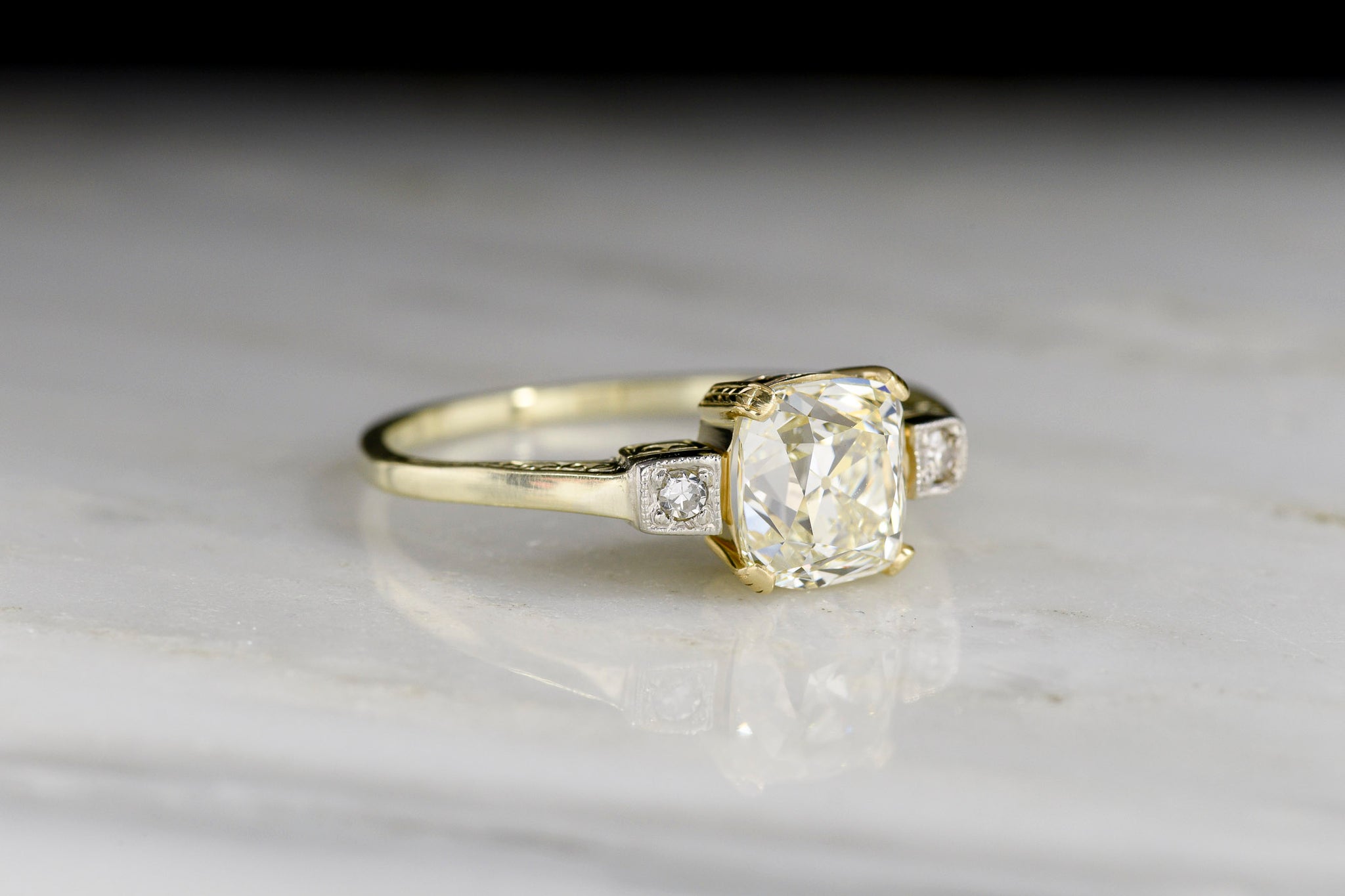When considering hippie fashion one must look at the evolution of the statements made by it over the last several decades. What was originally a statement against corporate America, hippie clothing has become corporate America in modern times. However, the statements of the 60s can still be valid.
Evolving out of the Beatnik movement of the 50s, the teens and young adults between the ages of 15 and 25 in the 60s led a counter culture revolution against all the traditions they knew. On every front society was assaulted by hippie ideals. The clothes they wore helped to unite them and make them stronger. Today these same clothes announce that many of their ideas have become mainstream, having been accepted in large part by the populace of America.
The 1960s fashions and values had a lasting impact on culture, influenced music, television, cinema, literature, and the arts in many ways. Now assimilated into our society, we see things like alternative arts, street theatre, folk music, and psychedelic rock as classics from the hippie era.
We see other signs as well, like health food stores, music festivals, and relaxed sexual mores.
These bohemians made major efforts to effect change which we see everywhere. They attempted to express themselves through protests and new ways of communicating. They tried to apply their vision of the world and life to everything around them.
Hippie fashion history is noted as being the most violent and radical shift in fashion in modern times. The fashion look was part of a protest waged against capitalism. Because of this they were determined not to buy fashion from the designers who were making money off of it. They chose simple clothing, or repurposed clothes they could buy cheap at second hand stores. Partly because they were purists and partly because capitalism included middle men, they chose more natural type fibers, like cotton and wool. They made their own clothes as well, sewing and crafting from braided hippie headbands to knit and crochet vests.
These hippie clothes became fashion statements against all these things and many more, certainly against the war.
The hippie dress, skirt and pants made of patchwork also became a part of the statement because it was repurposing material and fabric, reusing it rather than putting more money in the wallet of The Man, corporate America.
Now these clothes are part of the hippie costumes that speak of the 60’s fashion we’ve come to associate with freedom, and rebellion.
If you want to learn more about hippie fashion, look at some hippie pictures. You’ll see a pattern that includes patchwork, bell bottom jeans, embroidered shirts and skirts, wrap around skirts, all kinds of things made of blue jeans, tie dye everything, headbands, glasses, vests and more.
The hippie fashion was mostly unisex. Both men and women wore their hair long. And women stopped wearing makeup. Women’s dresses were loose, had low necklines and were extremely short.
Many of the hippie fashions were borrowed from other cultures, but they have had lasting impact on our culture. They might be made of hemp, and the meanings may have changed, but the fashion is still in place.






More Stories
Ruching Equals an Awesome Style Option For Fuller Figures
Fashion Belts For Women – The Right Ways to Wear a Belt Without Looking Fat
High Heels – The Power And The Glory